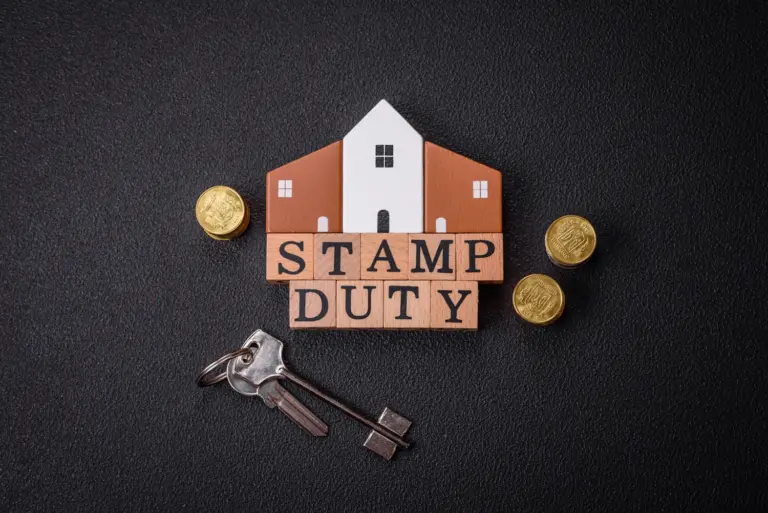Introduction
This often-misunderstood tax is a significant consideration for both buyers and sellers. But amidst the confusion, one question stands out: Do you pay stamp duty when selling a house? In this blog, we’ll unravel this myth, clarify the role of stamp duty in property transactions, and shed light on its implications for sellers.
Understanding Stamp Duty
Before we address whether sellers are liable for stamp duty, let’s ensure we’re clear on what it entails. In the UK, stamp duty is formally known as Stamp Duty Land Tax (SDLT). It’s a tax imposed on property transactions, typically paid by the buyer.
When purchasing a property, buyers are required to pay stamp duty based on the purchase price or market value. The amount payable varies depending on factors such as the property’s value, whether it’s a primary residence, and any exemptions or reliefs that may apply.
Do Sellers Pay Stamp Duty?
The straightforward answer is no. In the UK, sellers are not responsible for paying stamp duty on the sale of their property. Stamp duty is a tax that falls on the buyer, not the seller. Therefore, when selling a house, sellers do not have to factor in stamp duty as part of their financial obligations.
However, while sellers aren’t directly liable for stamp duty, it’s crucial to understand that the sale price negotiated with the buyer can indirectly influence the amount of stamp duty payable by the buyer. A higher sale price may result in a higher stamp duty liability for the buyer.
Considerations for Sellers
While sellers are not directly impacted by stamp duty, there are several important considerations to keep in mind when selling a property in the UK:
- Sale Price Negotiation: The sale price agreed upon with the buyer can indirectly affect the amount of stamp duty payable. It’s essential to strike a balance between achieving a fair price for your property and ensuring that the buyer isn’t burdened with excessively high stamp duty costs.
- Legal and Conveyancing Fees: Sellers are responsible for covering legal and conveyancing fees associated with the sale. These fees can vary depending on factors such as the complexity of the transaction and the solicitor or conveyancer’s rates.
- Capital Gains Tax (CGT): Sellers may be liable to pay Capital Gains Tax on any profit made from the sale of a property that isn’t their primary residence. CGT is calculated based on the difference between the sale price and the property’s original purchase price, subject to certain exemptions and reliefs.
Conclusion
In conclusion, sellers in the UK do not have to pay stamp duty when selling a property. Stamp duty is a tax imposed on property buyers, not sellers. However, sellers should be mindful of factors such as sale price negotiation, legal fees, and potential Capital Gains Tax implications when selling their property.
For buyers, understanding stamp duty rates and exemptions is essential when budgeting for a property purchase. By factoring stamp duty costs into their budget and seeking advice from professionals, buyers can make informed decisions and navigate the property market with confidence.
If you have any further questions or require assistance with selling or buying your home, don’t hesitate to contact Michael Anthony Estate Agents. Our team of experienced professionals is here to guide you through every step of the process, ensuring a seamless and stress-free experience.
For personalised guidance on selling your property in the UK, consider consulting with Michael Anthony Estate Agents who can provide expert advice tailored to your specific circumstances.
